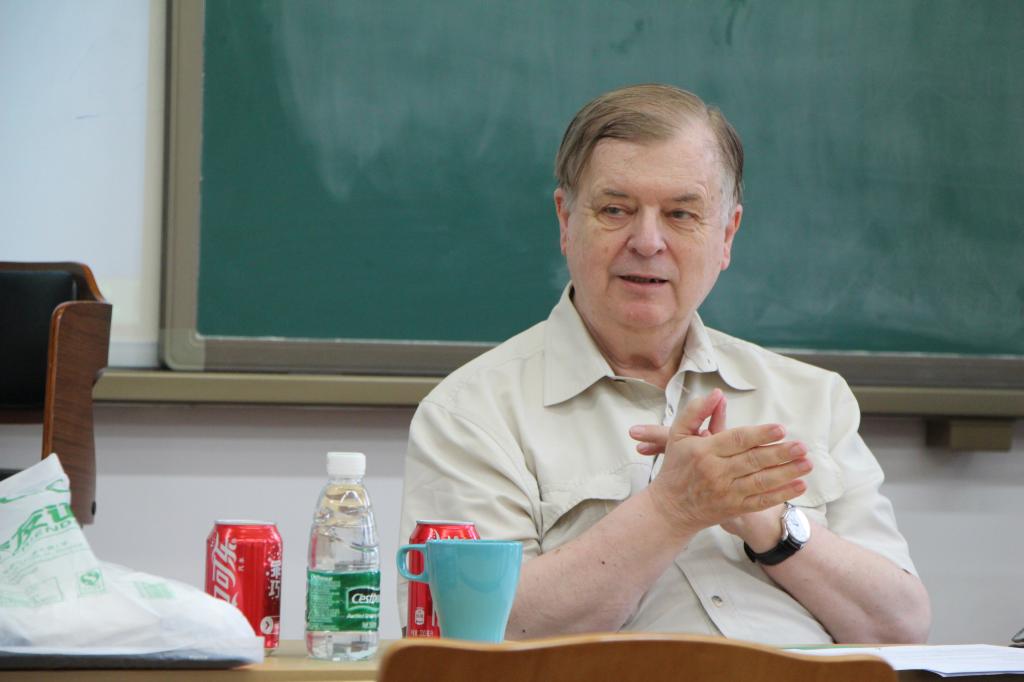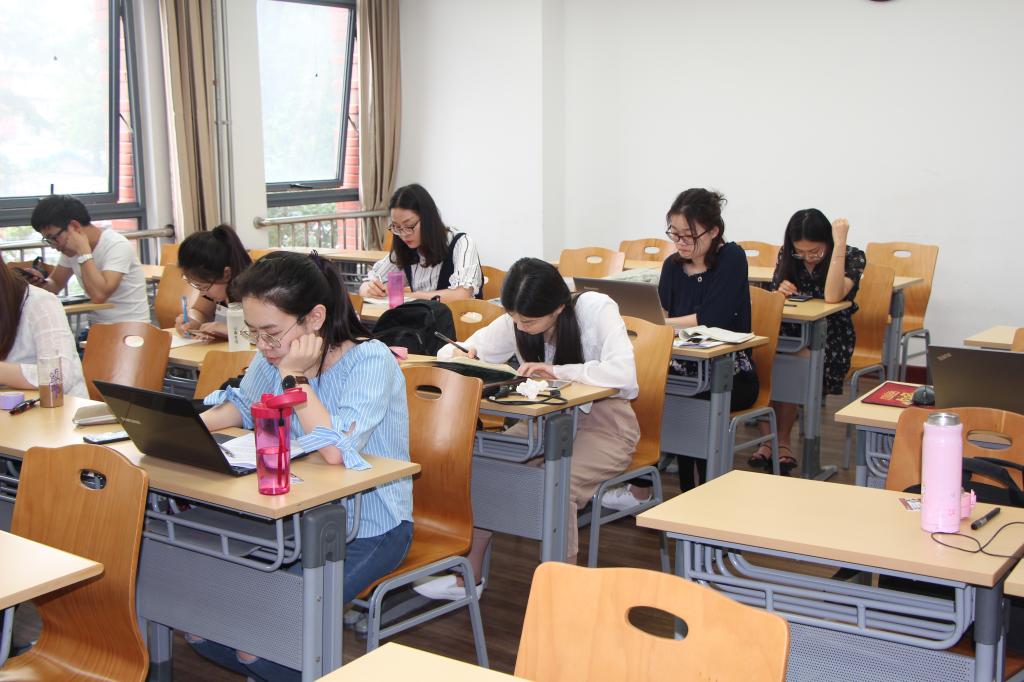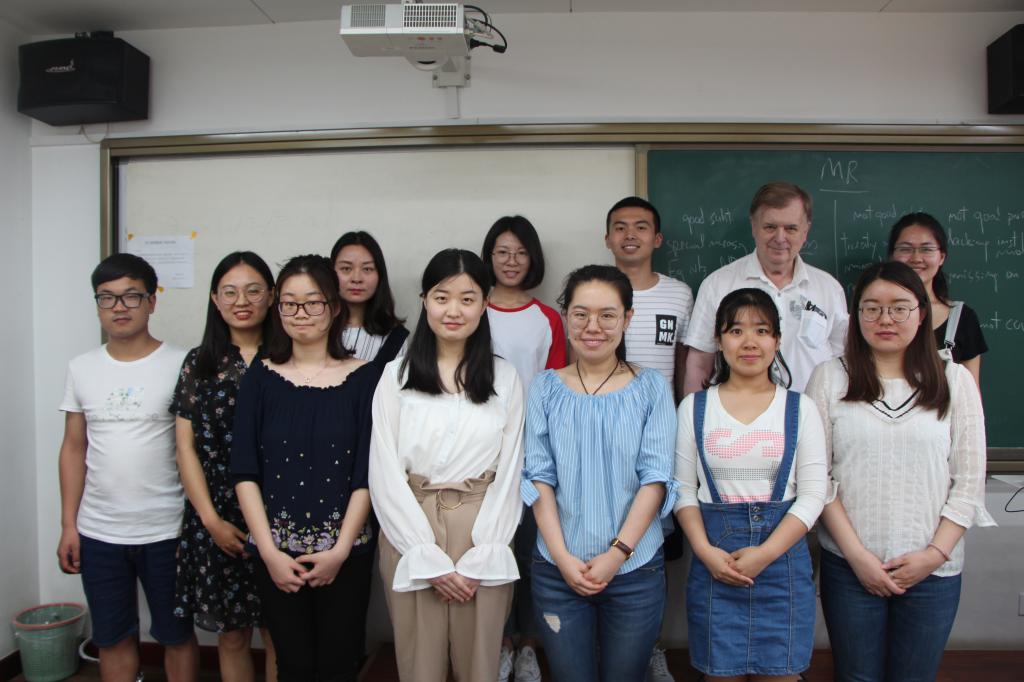Prof. Gudmundur ALFREDSSON, special-term Professor of the Institute for Human Rights of CUPL, gave lectures to the first-year Master Students. Professor Gudmundur Alfredsson is the former director of Raoul Wallenberg Institute of Human Rights and Humanitarian Law/RWI. The course spans two weeks, with five lessons, and the subject of the course is minority rights.
The content of this lecture was divided into five parts, including the general situation of minority rights; international protection of the rights of minorities; domestic implementation mechanism of minority rights; International monitoring mechanism for minority rights; the content of minority rights; the difference between individual rights and collective rights, and the promotion mechanism of minority rights.

At the beginning of the course, the professor emphasized the importance and necessity of protecting minority rights. He believes there are a large number of people in the world. Minorities are more vulnerable to discrimination from all aspects of society. The neglect of minority rights protection poses a threat to peace and security, and the protection of minority rights is conducive to the protection of cultural diversity. Therefore, in addition to the general protection of human rights for minorities, the rights of minorities should be protected. Later, the professor gave his understanding of the concept of minority groups. The concept of a minority group consists of four elements: one is the objective element, namely the minority in the race, language, nationality and religion. The second is the subjective element, that is, the minority must consider themselves to be a minority. Thirdly, the number of minority groups is less than half of the total population of a country. Four is the time factor, the minority group needs to settle in a country for a long time, but the specific length of time is not certain.

The professor focused on the content of minority rights. He pointed out that the protection of minority rights has three main contents: one is equal rights, the other is non-discrimination, and the third is special protection.
In order to make students have a better understanding of the system of minority rights protection, the professor asked the students to do case analysis, and the professor commented on the case after the students analyzed it.

Written by CUI Weihong